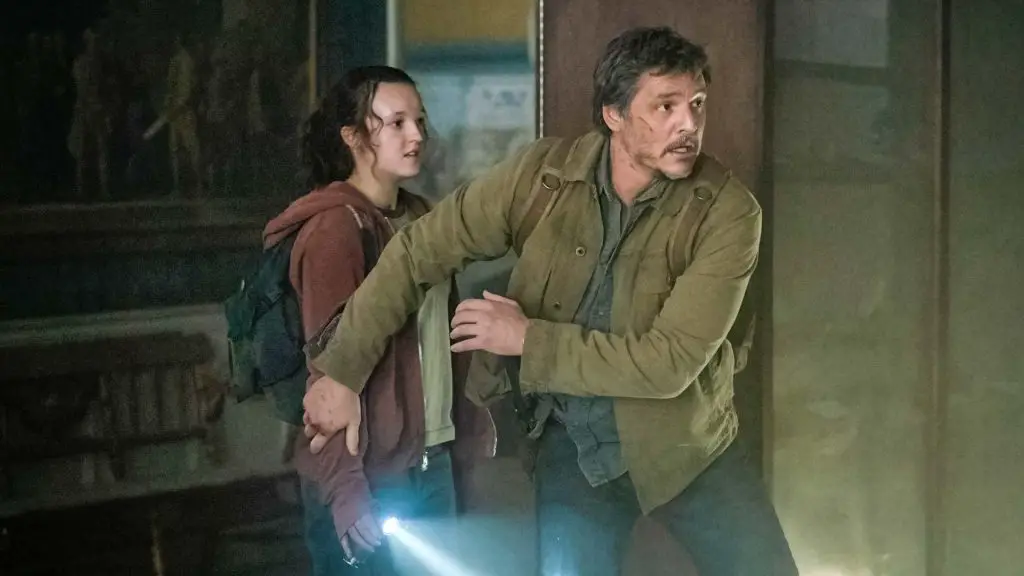In a shocking revelation, reports have emerged about HBO programming chief, Casey Bloys, orchestrating a covert operation to counter the negative criticism that some of the network’s series received on social media. It’s alleged that Bloys enlisted the assistance of HBO staffers in creating fake social media accounts, specifically to respond to, and presumably diminish, the negative reviews that were posted online.
This discovery, initially brought to light by a Rolling Stone report, underscores a murky endeavor to mitigate the adverse impact of critical reviews on the network’s image. According to the report, the clandestine activity involved the creation of multiple faux social media accounts, operated by HBO employees, to tackle unfavorable reviews and possibly sway public opinion towards a more positive outlook for the HBO series in question.
The narrative further thickens with claims from a wrongful-termination lawsuit which alleges that between 2020 and 2021, HBO executives mandated staff to engage with critics on social media using these “secret” accounts. The purported objective behind this scheme was to protect and uplift the network’s image in a highly competitive media landscape.
Unveiling the Ghosts: The Aftermath and HBO’s Stance
The aftermath of these revelations has unfurled a saga of discussions and debates on the ethics of such practices in the modern digital era. The engagement of HBO’s top brass in such clandestine activities, ostensibly to control narrative and perception, could potentially be seen as an affront to the principles of transparency and authenticity which are considered the bedrock of trustworthy relationships between consumers and brands.
In particular, the HBO Chairman and CEO, Casey Bloys, has been spotlighted for creating multiple fake social media accounts to troll TV critics who published unflattering reviews of HBO programs. The details of this operation were reportedly divulged during a testimony provided by a former executive, further validating the claims of the underground social media warfare orchestrated by HBO.
The incident brings forth a plethora of questions concerning the ethical boundaries of social media engagement by corporate entities, and the extent to which such organizations might go to protect their image and interests. The HBO saga serves as a stark reminder of the fine line that exists between genuine engagement with audiences and manipulative tactics to control narrative and perception in the digital realm.
Now as the curtains fall on this episode, the broader community, including other media houses, critics, and the general public, are left to ponder on the implications of such actions on the credibility of not only HBO but also the media industry at large. This saga underscores the imperative need for maintaining a code of ethics in digital engagement to foster trust and authenticity in the interactions between media entities and their audiences.


